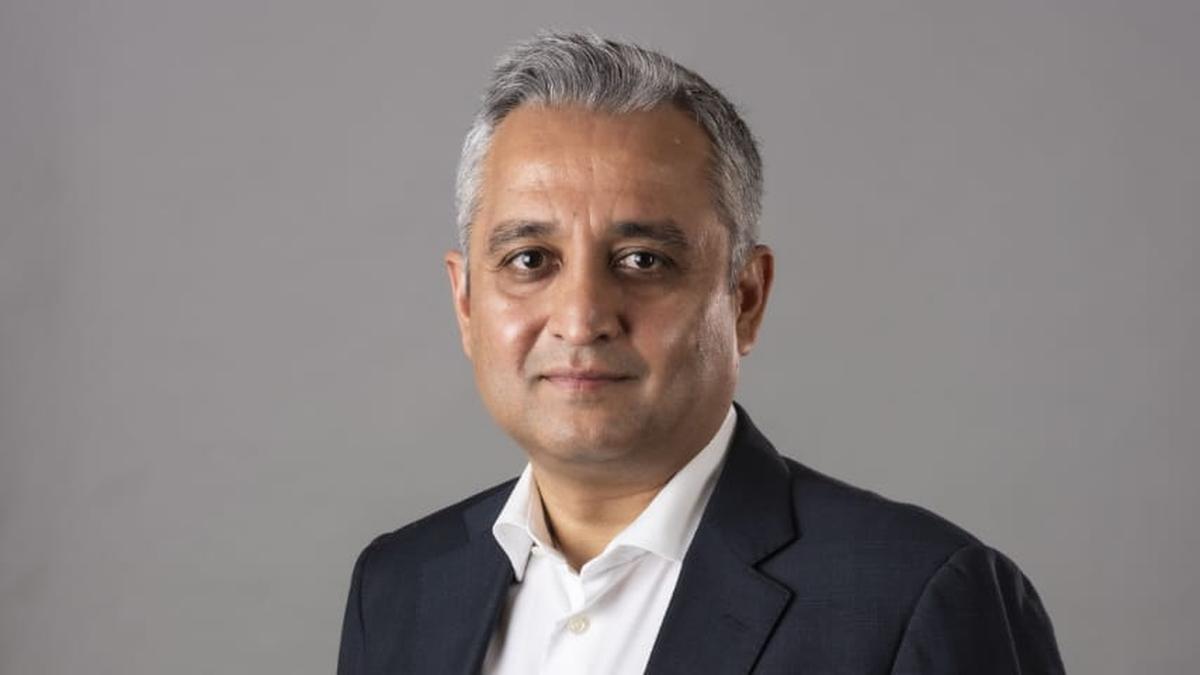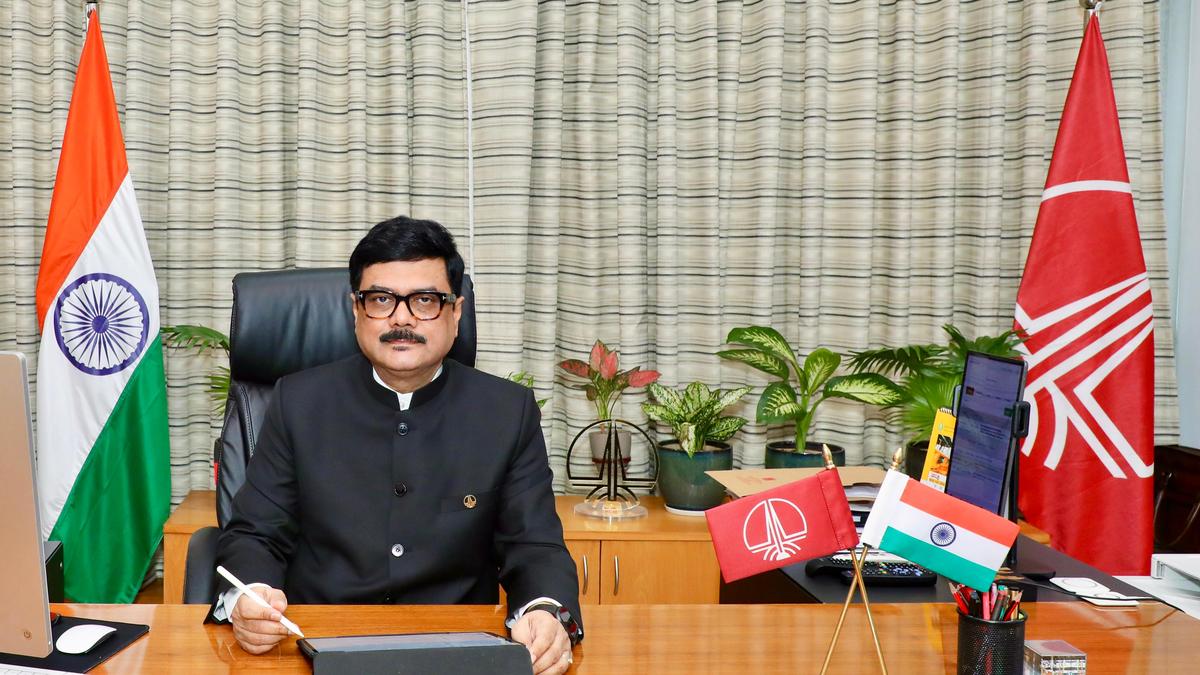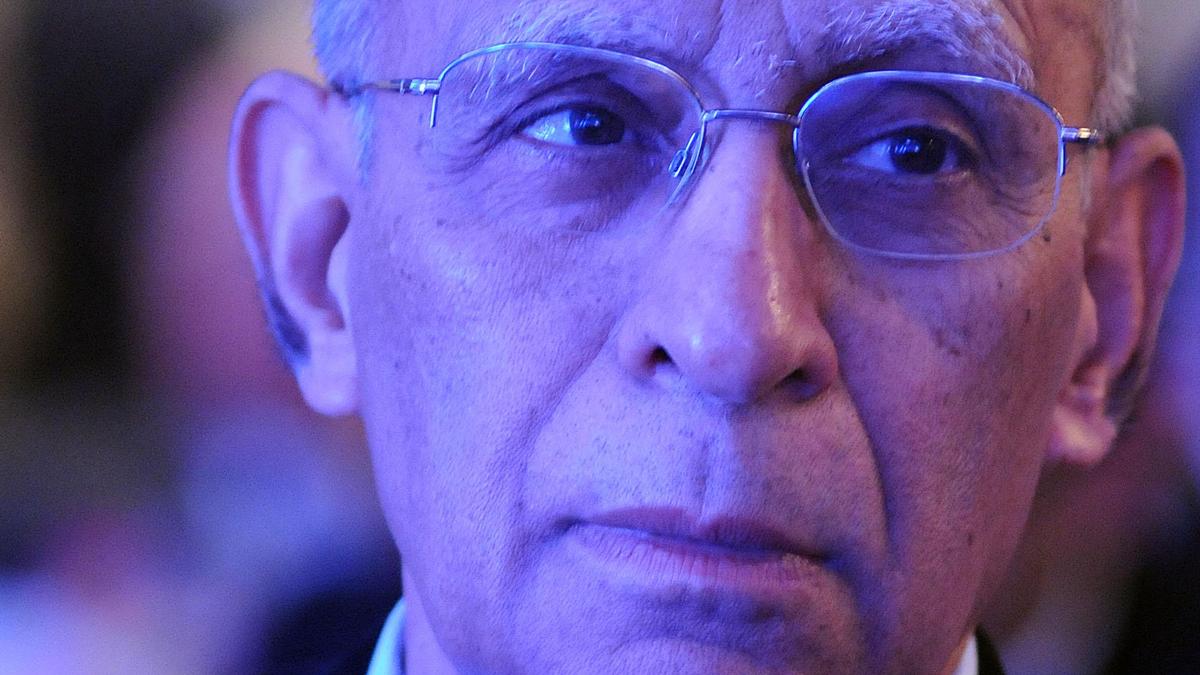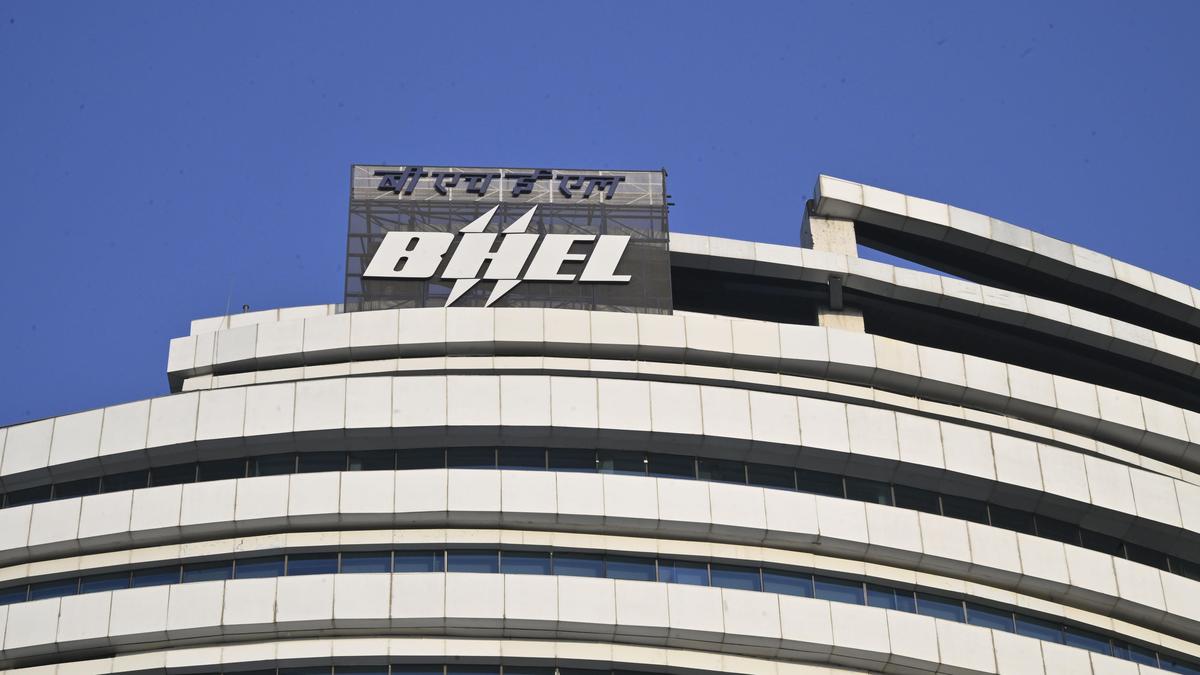Sameer Hiremath, Vice Chairman and Managing Director of Hikal Limited
“With the implementation of new policy frameworks, India’s pharmaceutical contract manufacturing industry is emerging as a key player on the global stage,” said Sameer Hiremath, Vice Chairman and Managing Director, Hikal Ltd.
Hikal Ltd. caters to pharmaceuticals, life sciences, biotechnology, agrochemicals, and specialty chemicals companies to deliver active ingredients, intermediates and R&D services.
He said for many years, Indian drug manufacturers were seen as the affordable backups—ready to step in when global supply chains faltered, but rarely trusted with high-stakes production. That narrative is now undergoing a rapid transformation.
Multiple international initiatives—such as the U.S.’s BIOSECURE Act, Europe’s move toward strategic autonomy, and Japan’s re-evaluation of supply chain dependencies—have aligned with India’s own pharmaceutical reforms, he said in a note.
Together, they have propelled India from a secondary option to a central figure in pharma supply chains, he added.
Mr. Hiremath said India’s ₹15,000-crore PLI scheme for bulk drugs and a broader PLI for formulations have improved the economic attractiveness of Indian manufacturing. “The government’s support has aligned domestic conditions with global business expectations, from APIs to biologics,” he said.
“Together, these developments have unlocked massive potential. Grand View Research, projects India’s CDMO market to grow to $21 billion by 2030—an 8% CAGR. Consulting firms like McKinsey believe that these strategic shifts could push India’s pharma exports beyond $60 billion in the coming years from $28 billion currently,” he said.
Stating that still challenges remain, he said the direction is clear. “India still relies heavily on China for key inputs like fermentation-grade intermediates. Additionally, the BIOSECURE Act may drive up U.S. manufacturing costs, triggering resistance over pricing,” Mr. Hiremath said.
“Yet the larger trend is undeniable: Indian CDMOs are now front and centre. Innovators no longer call on them just in emergencies—they are co-creating from the start,” he added.
Published – August 18, 2025 06:06 pm IST






